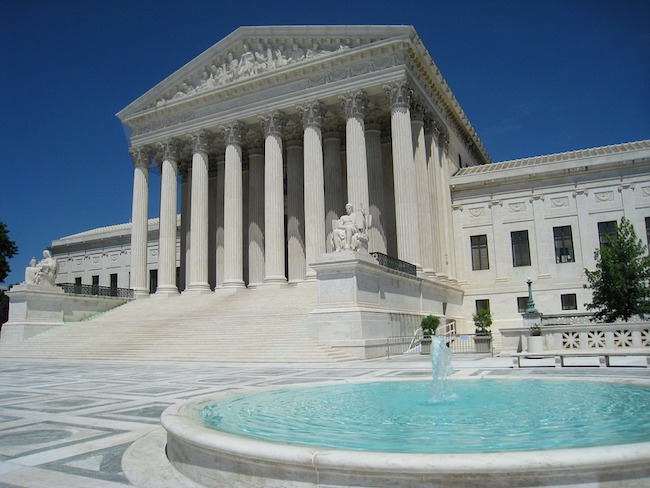Supreme Court tussles over discrimination against religion in school choice programs By Calvin Freiburger for Faith Wire
Judges Ruth Bader Ginsburg and Sonia Sotomayor offered arguments so weak that one analyst said it ‘looked like an act of desperation.’
The Supreme Court held oral arguments Wednesday in the case Montana Department of Revenue v. Espinoza, during which the justices quarreled with each other and the attorneys on the issue of religious discrimination in school-choice scholarships.
The case concerns a Montana program under which residents could receive tax credits for donating to private scholarship organizations that help students attend the private school of their choice, and the Montana Department of Revenue ruling that such scholarships could not go to religious schools. At issue is the constitutionality of excluding religious schools from the program solely on the basis of their religious nature.
As Fox News and Education Next reported, Justice Brett Kavanaugh pressed the state’s attorney, Adam Unikowsky, on the difference between including Protestant schools but excluding Jewish ones, and including secular schools but excluding all religious schools. Unikowsky agreed the former would be unconstitutional but claimed the First Amendment allows excluding all religions so long as the government doesn’t choose specific faiths over others.
Justice Elena Kagan suggested the issue was moot and the Supreme Court needn’t interfere because the Montana Supreme Court had struck down the entire program, and therefore “neither the parents who want to send their children to religious schools nor the parents who want to send their children to secular schools get what they would like to get. So they’re both being treated the same way.”
“No, isn’t the crucial question why the state court did what it did?” Justice Samuel Alito asked in response. “If it did what it did for an unconstitutionally discriminatory reason, then there’s a problem.”
Justices Ruth Bader Ginsburg and Sonia Sotomayor suggested to Richard Kormer, the attorney of the parents bringing the suit, that they lacked standing because they weren’t the direct recipients of the money; the schools were. Kormer responded by explaining that the program obviously aided the parents by helping to send their children to their desired schools.




